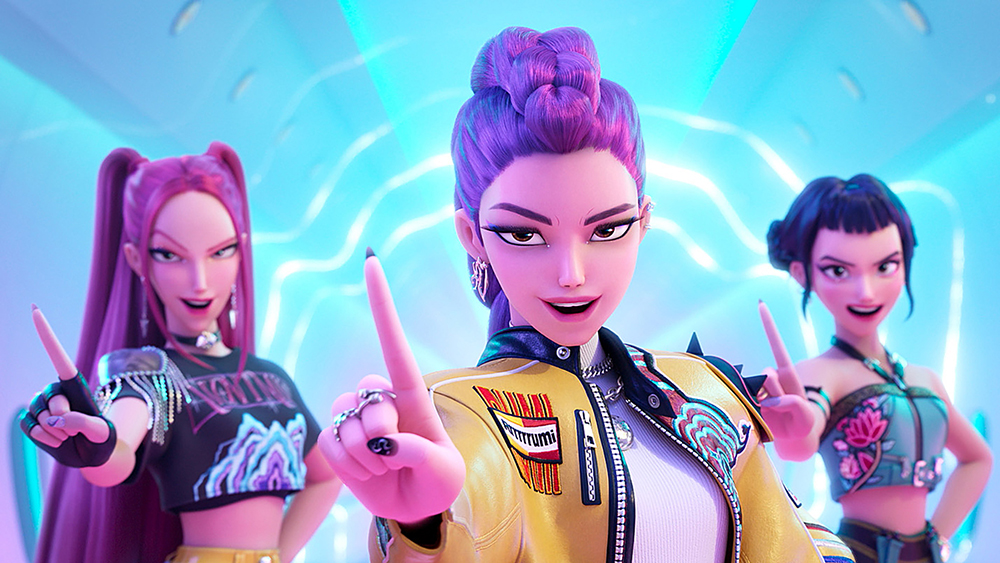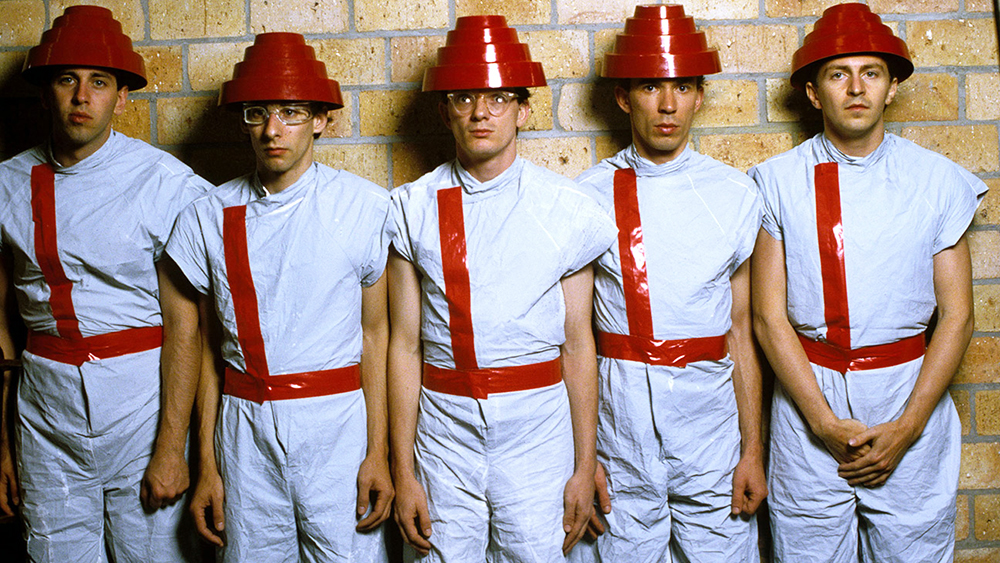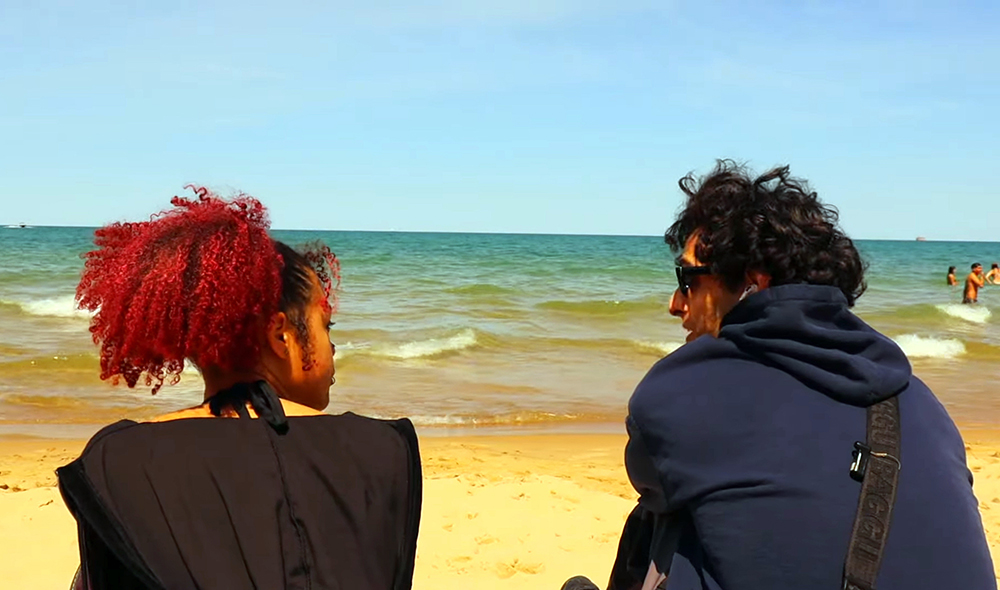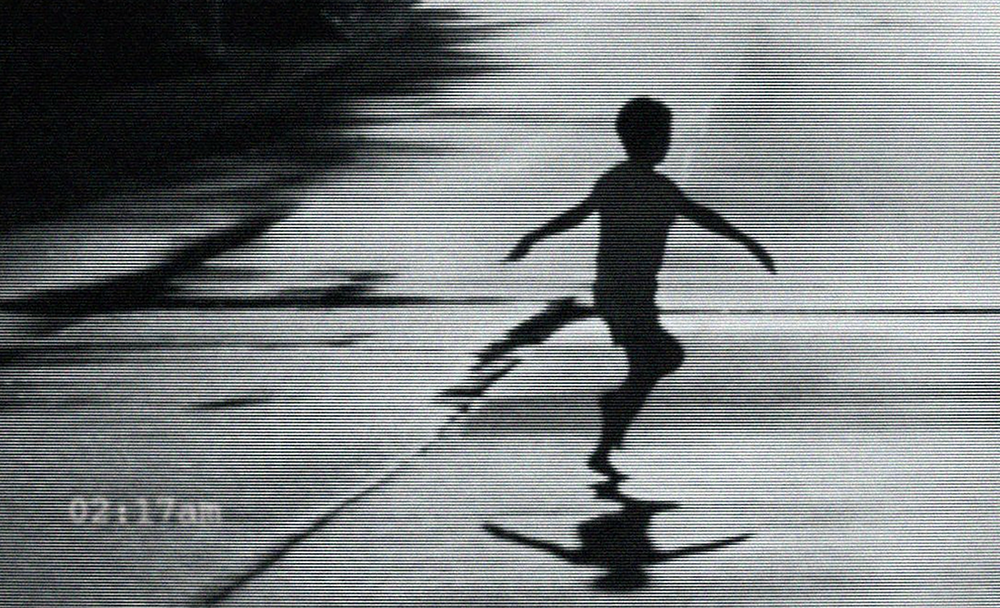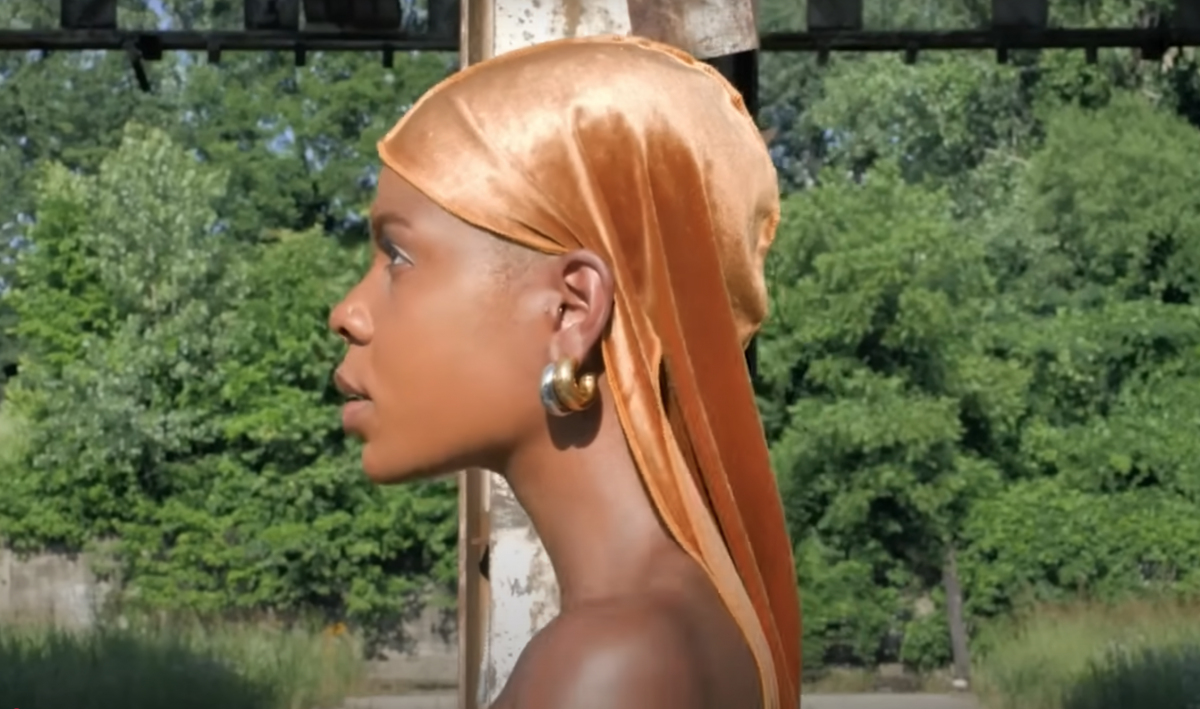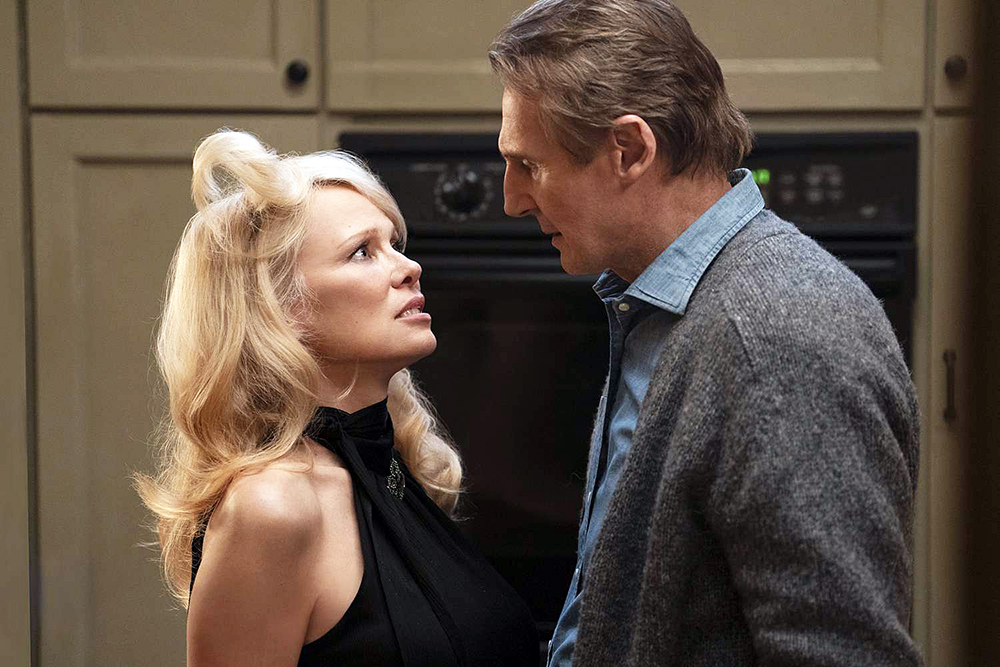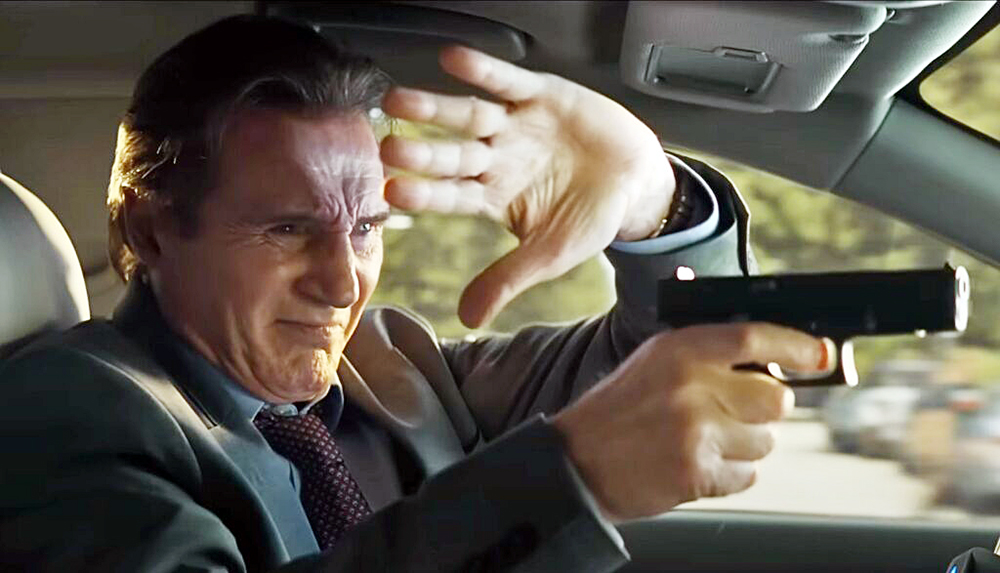When Blade Runner was released in the summer of 1982, it presented a fresh view of the far-off future of 2019. Many of the film’s predictions didn’t come true. Here in 2025, a new life does not await us in the off-world colonies. Replicants don’t roam undetected among natural-born humans, requiring specialized hunter-killer squads. Thankfully, we don’t have flying cars.
But there is one prediction from Ridley Scott’s film that turned out to be spot-on. In the glimpses we get of Los Angeles street life, Asian influences pervade pop culture. Smiling Japanese faces look down from video billboards. The English alphabet and kanji live side by side on signs. When Rick Deckard is summoned back to the dirty business of replicant retirement, he just wants to finish the ramen noodles he bought from a street vendor. In 1982, this looked exotic. In 2025, it looks normal.
Probably the biggest reason Asian cultural influences are everywhere these days is the incredible popularity of anime. An art teacher friend of mine says she begs her students to try to draw something, anything besides anime characters, but to no avail. With the exception of Pixar, the field of animation is dominated by Japanese and Korean artists. The highest grossing film of 2025 is a Chinese animated film, Ne Zha 2, based on a Chinese myth about a half-human, half-demon hero who must come to terms with his split heritage. (The Chinese title translates to “The Demon Boy Churns the Sea.”)
Taylor Swift might dominate American music charts, but South Korean pop music — K-pop — has been making major inroads with young music fans for a decade. Motown at the height of its ’60s hitmaking power could only dream of a machine as efficient and pervasive as the K-pop ecosystem. There are even hints of Elvis in K-pop, as young heartthrobs’ careers stall out when they get called up to South Korea’s mandatory military service.
So when a movie called KPop Demon Hunters becomes the most-watched film in Netflix history, it probably shouldn’t come as a surprise. What should come as a surprise is that it was produced by a team from North America. Writer/director Maggie Kang grew up in Toronto, Canada. Co-director Chris Appelhans is from Idaho. The Sony Pictures Animation shop which produced the film is headquartered on Wilshire Boulevard in sunny, replicant-free Los Angeles. But the film’s soul is pure Seoul.
The Snakes on a Plane-esque title tells it all. This is a story about a K-pop trio called Huntr/x who live secret lives protecting the human world from the demonic minions of Gwi-Ma (voiced by Lee Byung-hun). Their leader Rumi (Arden Cho) is a second-generation K-pop idol. Her late mother was also secretly a demon hunter, but she had a secret lover who was, you guessed it, a demon. Rumi keeps her secret from her bandmates, Mira (May Hong) and Zoey (Ji-young Yoo), as they split their time between chasing supernatural threats and wowing sold-out crowds with their lightweight pop hooks. The girls live and work together in a hip, high-tech apartment, like the Beatles in Help. But being on top is hard work, and they’re looking forward to zoning out on the couch after a whirlwind world tour and a hard day of sending demons back to hell. But there’s one more item on the agenda: releasing their newest, and best song “Golden” to the adoring fans.
Gwi-Ma asks his demons, “Who will rid me of these troublesome pop idols?” Jinu (Ahn Hyo-seop) answers the call with a radical pitch. Who better to best the perfect pop idols than an irresistible, androgynous boy band? The black-clad hellspawn transform into the Saja Boys, who immediately set about ruining Huntr/x’s vacay.
I don’t think it’s a spoiler to tell you that Rumi and Jinu fall for each other despite themselves, and the rest of the story is about the star-crossed lovers trying to reconcile their feelings for each other with their temporal and supernatural duties. Along the way, there are lots and lots of songs delivered to arenas full of screaming fans.
The animation is top-notch. There are obvious anime influences, but Kang and Appelhans’ veteran crew carve out a distinctive style all their own. The action sequences play as dance pieces, while the musical performances build and release tension like battles. The breakneck pace fits a lot of incident into 100 minutes, not overstaying its welcome. The number-one priority is fun — which also explains the worldwide appeal of K-pop itself. It looks fresh and new and maybe even a little radical, but at its heart, KPop Demon Hunters is just a backstage musical like Gold Diggers of 1933. Hey, if ain’t broke, don’t fix it.
KPop Demon Hunters is streaming on Netflix.
